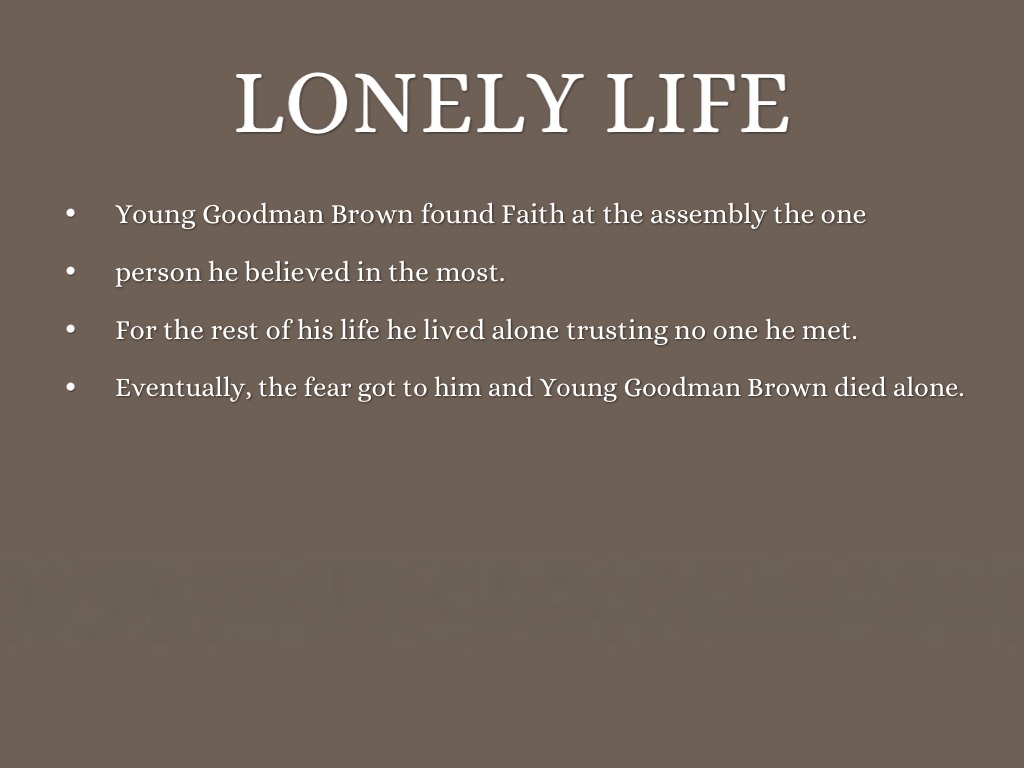In an age where human interactions are increasingly complex, the term "dry begging psychology" has emerged as a fascinating concept worth exploring. It delves into the subtle nuances of communication, particularly in how individuals convey their needs and desires without overt expressions of request. This psychological phenomenon is often underappreciated, yet it plays a significant role in our everyday interactions, shaping relationships and influencing social dynamics.
The notion of dry begging psychology encapsulates a range of behaviors that may not be immediately recognizable as requests for help, support, or validation. Instead of straightforwardly asking for assistance, individuals may employ indirect methods, hoping others will intuitively understand their unspoken needs. This can lead to misunderstandings, as the intended message may not always be conveyed effectively. Understanding this concept can pave the way for more meaningful connections and improved communication skills.
As we delve deeper into the world of dry begging psychology, we will uncover the underlying motives, the psychological mechanisms at play, and the implications in various social contexts. By examining this intricate web of human behavior, we can better appreciate the complexities of our interactions and the silent cues that govern our relationships.
What is Dry Begging Psychology?
Dry begging psychology refers to a subtle form of communication where individuals express their needs or desires without explicitly asking for help. This behavior often stems from a variety of psychological factors, including fear of rejection, a desire for independence, or cultural norms that discourage direct requests. Instead of making a clear demand, individuals might drop hints or engage in passive behaviors to elicit a response from others.
Why Do People Engage in Dry Begging?
Several reasons contribute to why individuals resort to dry begging psychology:
- Fear of Vulnerability: Many people find it difficult to expose their vulnerabilities. By engaging in dry begging, they can avoid direct confrontation while still expressing their needs.
- Cultural Influences: In some cultures, direct requests might be frowned upon. Dry begging serves as a more socially acceptable way to communicate needs.
- Testing Relationships: Some individuals may use dry begging as a way to gauge the willingness of others to provide support, testing the strength of their relationships.
- Independence: People who pride themselves on self-sufficiency may feel uncomfortable making direct requests, opting instead for indirect methods.
How Does Dry Begging Manifest in Daily Life?
Dry begging can manifest in various ways in daily interactions, including:
- Subtle Hints: Dropping comments about needing help or feeling overwhelmed without directly asking for support.
- Social Media Posts: Sharing vague posts about struggles, hoping friends will reach out without a clear request.
- Body Language: Non-verbal cues, such as sighing or looking distressed, can signal a need for help.
What Are the Psychological Mechanisms Behind Dry Begging Psychology?
Understanding the psychological mechanisms that drive dry begging can provide insight into the behavior:
What Role Does Cognitive Dissonance Play?
Cognitive dissonance occurs when an individual's beliefs and behaviors are in conflict, creating discomfort. In the context of dry begging:
- Individuals may struggle with the belief that asking for help is a sign of weakness, leading them to resort to indirect methods.
- This dissonance can cause anxiety, prompting the need for social support without the willingness to ask directly.
How Does Social Anxiety Influence Dry Begging?
Social anxiety can significantly impact one's ability to communicate needs effectively. Those who experience high levels of social anxiety may find it challenging to make direct requests:
- This can lead to a reliance on dry begging as a coping mechanism, allowing them to express needs without facing potential rejection.
- In such cases, understanding the psychological underpinnings is crucial for fostering better communication and support.
What Are the Implications of Dry Begging Psychology in Relationships?
The implications of dry begging psychology extend beyond individual behavior, influencing relationships and social dynamics:
How Can It Affect Communication?
Dry begging can complicate communication, leading to misunderstandings and frustration:
- When one party is unaware of the other's unspoken needs, it can create feelings of neglect or resentment.
- Encouraging open dialogue and addressing the issue directly can help mitigate these challenges.
Can It Lead to Resentment?
Over time, dry begging can lead to feelings of resentment in relationships:
- If one person constantly relies on indirect requests, the other may feel unappreciated or taken for granted.
- Establishing clear communication channels can help prevent these negative emotions from surfacing.
What Strategies Can Help Address Dry Begging Psychology?
To foster healthier communication and minimize the reliance on dry begging, consider implementing the following strategies:
How Can Open Communication Improve Relationships?
Encouraging open communication within relationships can significantly reduce the need for dry begging:
- Establishing a safe space for expressing needs allows individuals to feel comfortable making direct requests.
- Regular check-ins can help partners ensure that both parties' needs are being met.
What Role Does Self-Awareness Play?
Developing self-awareness is crucial in understanding one's own behavior regarding dry begging:
- Reflecting on personal communication styles can help individuals recognize when they might be engaging in dry begging.
- By identifying these patterns, individuals can work towards more direct and effective communication.
Conclusion: Embracing Clarity in Communication
In conclusion, understanding what is dry begging psychology can empower individuals to enhance their communication skills and strengthen their relationships. By recognizing the underlying motives and psychological mechanisms at play, we can work towards fostering more open and honest interactions. Embracing clarity in communication not only minimizes misunderstandings but also promotes a deeper sense of connection and support within our relationships.



